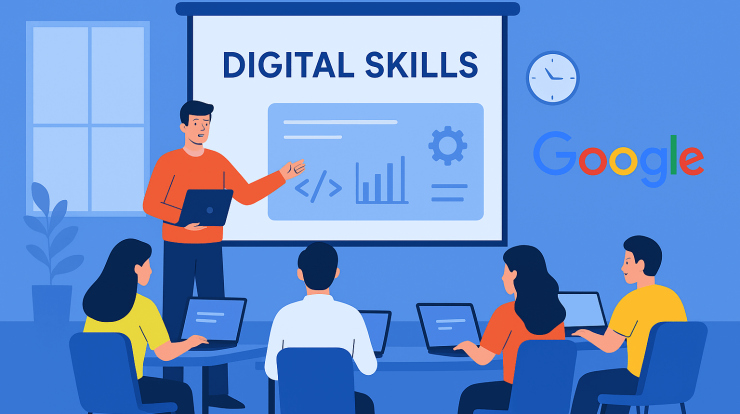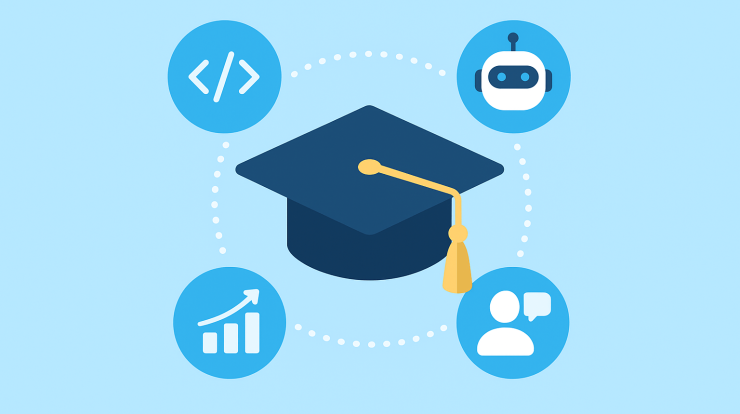
Teachers have the joy of guiding and educating others. There are many teachers ranging from re-K, kindergarten, elementary, middle school, and high school. You could even apply to be a teacher at a university. Alternatively, you might already be an established teacher and are looking for ways on how to be more successful in your career. Either way, the best way to accomplish both of these is to master the right skills. Because there are different levels of teaching, there are skills you need to learn and master. In this post, we’ll be going over skills every successful teacher needs to have.
Time Management
Time management is one of the most important skills in a teacher’s toolbelt. It’s how you keep everything on track, get to work on time, grade papers, and even give tutoring to students who need it. Teachers are supposed to set an example for students on how an adult is supposed to act. Time management is a critical skill to help instill into them, especially when it comes to elementary and middle school students. If you’re someone who wants to be a teacher, the best way to learn this skill, and the ones we’re going to go over, is to go to college. You want to pursue your bachelor’s in education and then aim for a master’s. A master’s degree provides you with the education and experience you need to increase your chances of being hired.
The average cost of an education degree is around $36,000, but in some areas, it can be as much as $50,000. Funding this degree can be difficult if you’re on a budget. Fortunately, taking out a student loan can easily help you finance what you need. Aside from the tuition costs, a student loan can also help you afford your supplies, textbooks, and equipment, like a computer or laptop. Furthermore, if you plan on studying on campus, your student loans can also cover the cost of room and board. Keep in mind, however, that how much you get depends on your cost of attendance and the expected family contribution. It helps the financial aid department get a good understanding on what you’re eligible for. They take the following into account:
- Taxed income
- Untaxed income
- Any potential assets
- Benefits, like social security
You’ll have to fill this information out on your FAFSA form and then wait a week or two for the results.
Patience
When you are determining if a career in education is right for you, consider your level of patience. Patience is another skill that must be honed before anything else. As rewarding and lucrative as being a teacher is, it’s not always going to be an easy job. You’re going to experience a situation, more often than not, where students ask the same questions and struggle with the same problems.
At first glance, constantly having to answer the same things and go over the same formulas and material gets tedious. However, it’s also important for you to expect it, especially when it comes to teaching children and teenagers. If you plan on being a teacher for a younger demographic, you need to understand before even applying that children need extra guidance. Elementary school, middle school, and high school are when students are finding themselves. This includes figuring out the best way for them to learn. You must be patient whenever a student is stuck and see what the issue is before coming up with a strategy to make the lessons easier for them.
Resolving Conflict
It’s not uncommon for some students to get into a dispute or an argument, specifically in middle school or high school. Having that kind of tension around the classroom can affect everyone, including you. This is why learning how to calmly and properly solve conflict is among the most important skills for teachers to learn. Knowing how to diffuse a situation can help you establish your reputation as a trustworthy teacher. In addition, it also helps you develop more social awareness and better control over your emotions.
Operating Technology
The way technology has been developed and implemented into learning programs has made many teachers’ lives easier. Learning platforms like Blackboard are a great way to schedule one-on-one meetings with students who require additional tutoring. Another example would include project management software. It is a great way to keep track of students’ progress, organize lesson plans and even plan out future projects. These are especially important to learn if you plan on teaching online.








